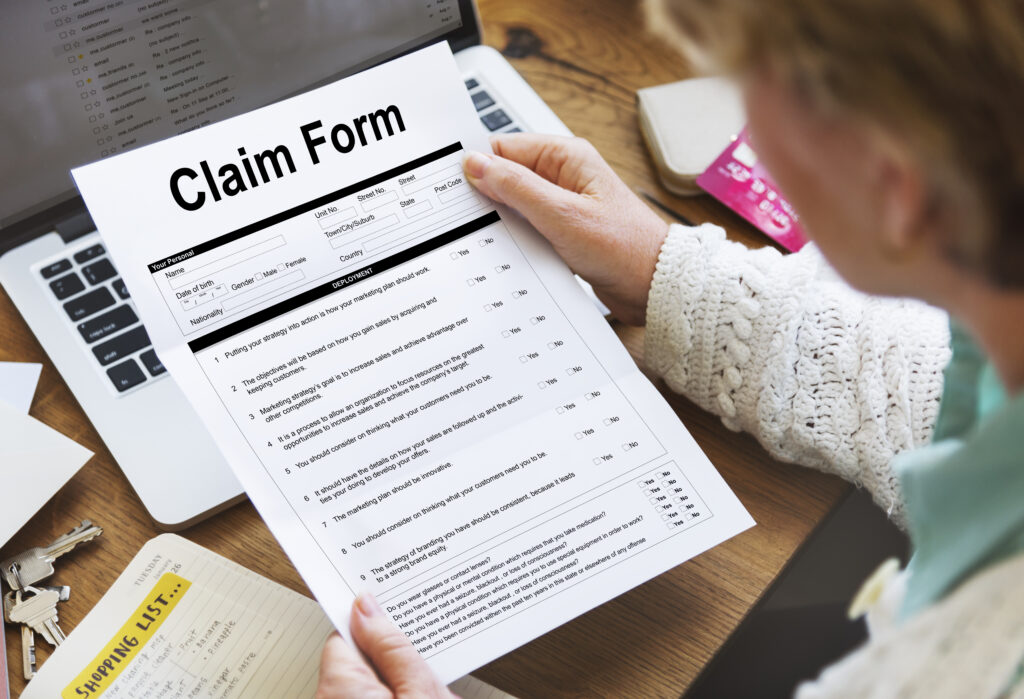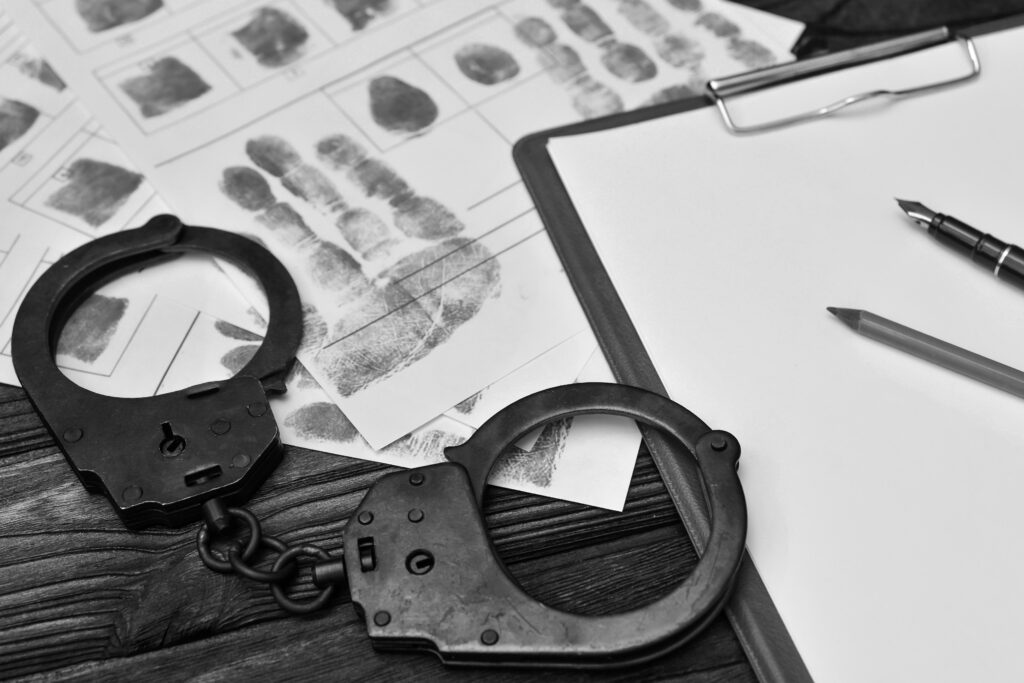Losing a loved one is an incredibly painful experience, and it becomes even more devastating when someone else’s negligence or wrongdoing causes their death. You need to understand your rights and legal options during such difficult times. You should also understand the wrongful death statute of limitations in Florida.
If you lost a loved one at the fault of another party, don’t hesitate to reach out to a compassionate wrongful death attorney in St. Petersburg, Florida. They can guide you through the wrongful death legal process and help you seek the justice and compensation you deserve.
What is a Wrongful Death Claim?
A wrongful death claim is a legal action that can be filed when the negligence, recklessness, or intentional harm of another person or entity causes someone’s death. These claims seek to hold the responsible party accountable for their actions and provide financial compensation to the deceased person’s surviving family members.
Causes of Wrongful Deaths
Wrongful deaths can occur in various ways, and noting the common causes can help determine if you have a valid wrongful death claim. Some of the leading causes of wrongful deaths in Florida include:
- Car Accidents: Every year, thousands of Floridians lose their lives in car accidents caused by negligent drivers. Speeding, drunk driving, distracted driving, and reckless behavior are just some of the factors that contribute to fatal crashes.
- Medical Malpractice: Medical negligence is another significant cause of wrongful deaths. From surgical errors to misdiagnosis and medication mistakes, medical malpractice can have devastating consequences for patients and their families.
- Workplace Accidents: Certain industries, such as construction and manufacturing, are inherently dangerous, and workplace accidents can result in fatal injuries. Employers have a responsibility to provide a safe working environment. If they fail to do so, they can be held liable for wrongful deaths.
- Defective Products: Defective products, including pharmaceutical drugs, vehicles, and consumer goods, can potentially cause severe harm or death. Under product liability laws, manufacturers, distributors, and retailers can be held accountable for wrongful deaths resulting from defective products.
- Violent Crimes: In cases where someone loses their life due to a criminal act, the perpetrator can face both criminal charges and a wrongful death claim filed by the victim’s family. These claims provide an opportunity for families to seek justice and financial compensation for their loss.
Who Can File a Wrongful Death Claim in Florida?
In Florida, the right to file a wrongful death claim is limited to specific individuals who are recognized as “survivors” under the law. The Florida Wrongful Death Act specifies that the following individuals may bring a claim:

- Spouse: The surviving spouse of the deceased has the right to file a wrongful death claim in Florida.
- Children: If the deceased has no spouse, their children can file a wrongful death claim.
- Parents: In the absence of a surviving spouse or children, the parents of the deceased can bring a wrongful death claim.
- Blood Relatives: If the deceased has no spouse, children, or parents, blood relatives who were financially dependent on the deceased can file a wrongful death claim.
- Other Dependents: Individuals who relied on the deceased for support and were part of their household may be eligible to file a wrongful death claim. This can include stepchildren, adopted children, or other family members who can demonstrate financial dependence on the deceased.
Florida law does not allow siblings or extended family members, such as grandparents or aunts and uncles, to file a wrongful death claim. Only individuals who can demonstrate a financial dependency on the deceased or suffer financial harm as a result of their death have the legal right to seek compensation through a wrongful death claim.
Be sure to consult a knowledgeable Florida wrongful death attorney to determine if you have the standing to file a claim. They can assess your specific situation and stand up for your rights.
The Florida Statute of Limitations for Wrongful Death Claims
A statute of limitations refers to the time limit within which a legal claim must be filed. This time limit is set by law and varies depending on the type of case. The purpose of a statute of limitations is to ensure that legal actions are brought promptly after an incident while evidence and witnesses are still available.
Every state has a statute of limitations, a time limit within which a legal claim must be filed. In Florida, the statute of limitations for wrongful death claims is generally two years from the date of the person’s death. However, there are a few exceptions that can impact the timeframe for filing a claim:
Discovery Rule
Sometimes, the cause of death may not be immediately apparent, especially in cases involving medical malpractice or toxic exposure. In such situations, the statute of limitations may start from the date when the cause of death was discovered or reasonably should have been discovered rather than the date of death.
Minors
If the deceased person’s spouse or children are minors at the time of death, the two-year statute of limitations may be extended until they turn 18 years old. Always consult a Florida wrongful death attorney to understand how this exception may apply to your case.
Government Entities
Additional procedures and shorter time limits must be followed when a wrongful death claim involves a government entity, such as a city or county. These cases require prompt action, and it’s in your best interest to contact a qualified Florida wrongful death attorney as soon as possible to ensure compliance with the applicable deadlines.
Tolling of the Statute of Limitations in Wrongful Death Cases
The term “tolling” refers to the temporary suspension or delay of the statute of limitations. In certain situations, the statute of limitations may be tolled, allowing an extended time for filing a wrongful death lawsuit.
One common scenario where tolling may apply is when the responsible party leaves the state or becomes incapacitated. In such cases, the statute of limitations may be tolled until the responsible party returns or regains capacity.
Failure to file the lawsuit within this specified time frame can result in the court dismissing the case. Once the statute of limitations has expired, the legal right to seek compensation for the wrongful death is generally lost.
Wrongful Death Claim Damages
In a wrongful death claim, the surviving family members may be eligible to receive various types of damages, including:
- Medical expenses: Any medical bills or expenses related to the deceased person’s final injury or illness before they passed away
- Funeral and burial expenses: The cost of funeral services, burial plots, and other related expenses can be compensated.
- Lost income and support: The court may consider the deceased person’s future earning potential and provide compensation for the lost income and financial support their family would have received.
- Loss of companionship and consortium: Surviving family members may be awarded damages for the loss of companionship, love, and emotional support they would have received from the deceased.
- Pain and suffering: In some cases, the court may award damages to compensate for the physical and emotional pain and suffering that the deceased may have experienced before their death.
- Punitive damages: These damages are reserved for cases involving extreme negligence or intentional misconduct; punitive damages may be awarded to punish the responsible party
The damages available in a wrongful death claim can vary depending on the circumstances of the case and the relationship between the deceased person and the claimants. An experienced Florida wrongful death attorney can evaluate your claim and help you understand the types of damages you may be entitled to pursue.
What if the At-Fault Party Faces Criminal Charges? Should I Still Pursue a Wrongful Death Claim?

In times like these, grieving families are often left not only with emotional pain but also facing the financial burdens that come with a sudden loss. Pursuing a wrongful death claim can provide some relief and justice by holding the at-fault party accountable. However, what happens if the responsible party also faces criminal charges? Should you still pursue a wrongful death claim?
The answer to this question is a resounding yes. Although criminal charges against the responsible party may provide a sense of satisfaction and even some form of punishment, they do not directly address the financial repercussions and compensation that a wrongful death claim can offer. While criminal charges focus on public interest and justice, a wrongful death claim focuses on helping the surviving family members recover their losses and rebuild their lives.
Criminal charges and civil claims are separate legal matters, each with its burden of proof and potential outcomes. Even if the at-fault party is convicted in a criminal trial, it does not guarantee that you will receive compensation for your wrongful death claim. Therefore, be sure to consult an experienced Florida wrongful death attorney.
An attorney can deal with the ins and outs of criminal and civil processes and protect your rights and interests. They can gather evidence, interview witnesses, and build a strong case on your behalf. While a criminal conviction can strengthen your wrongful death claim, it is not a prerequisite for pursuing compensation. Even if the responsible party is acquitted or the criminal charges are dropped, you can still pursue a civil claim and seek justice through the civil court system.
When pursuing a wrongful death claim alongside criminal charges, be sure to coordinate with law enforcement and the prosecuting attorney’s office. Your attorney can communicate with the criminal prosecutors to obtain evidence and witness statements that may also be relevant to your civil case. Working in tandem, when possible, with criminal proceedings can help strengthen your wrongful death claim and increase the likelihood of a favorable outcome.
Remember, a wrongful death claim is not just about seeking financial compensation; it is about holding the at-fault party accountable and obtaining justice for your loved one. It can provide a sense of closure and help prevent similar tragedies from happening to others in the future. If the at-fault party faces criminal charges, you should still pursue a wrongful death claim. While criminal charges focus on punishment and public interest, a civil claim focuses on compensating the surviving family members and helping them rebuild their lives.
How a Florida Wrongful Death Attorney Can Help You

Losing a loved one is a challenging experience, and finding justice can feel like an overwhelming task. But it can be a relief to know that you don’t have to face the legal process alone. A Florida wrongful death attorney can provide the guidance, support, and experience you need to get through this challenging time.
Understanding the Statute of Limitations
One of the key ways a wrongful death attorney can help is by providing a comprehensive understanding of Florida’s wrongful death statute of limitations. Time is of the essence in these cases, as the statute of limitations sets a deadline for filing a claim. A knowledgeable attorney will ensure you meet all the necessary deadlines and take appropriate legal action within the allotted timeframe.
A Florida wrongful death attorney can also help gather all the necessary evidence to build a strong case. Whether obtaining medical records, interviewing witnesses, or analyzing accident reports, an attorney will handle all the required investigations, allowing you to focus on grieving and healing.
Negotiations
Another valuable role of a wrongful death attorney is negotiating with insurance companies and other parties involved. Insurance companies are often focused on protecting their interests and may try to offer you a low settlement amount. An experienced attorney will aggressively negotiate to ensure you receive the compensation you deserve for medical bills, funeral expenses, lost income, and pain and suffering.
Trial
If your case can’t be resolved through negotiations, a wrongful death attorney will be prepared to take your case to court. They have the necessary litigation skills and courtroom experience to present a compelling argument and fight for your rights. They will guide you through every step of the litigation process, from filing the initial complaint to presenting evidence and witnesses in court.
A Florida wrongful death attorney will be your advocate, working tirelessly to help pursue justice and obtain the compensation you deserve. Let them handle the legal aspects of your case so you can focus on healing and honoring the memory of your loved one.
Contact a Compassionate Florida Wrongful Death Lawyer
Losing a loved one is an unimaginable tragedy, and seeking legal recourse can feel overwhelming. A compassionate and knowledgeable Florida wrongful death attorney is here to support you through this challenging time. They have a deep understanding of the wrongful death laws in Florida and will fight tirelessly on your behalf to ensure that justice is served. Remember, you don’t have to face this alone; a compassionate St. Petersburg personal injury attorney is here to help. Call today to schedule a case consultation.